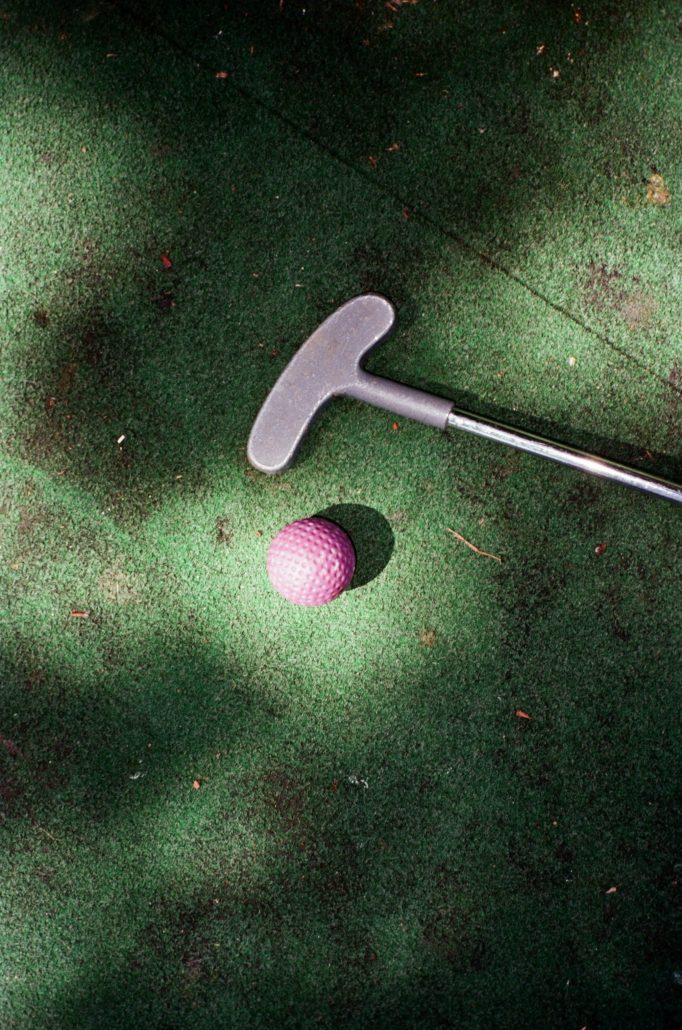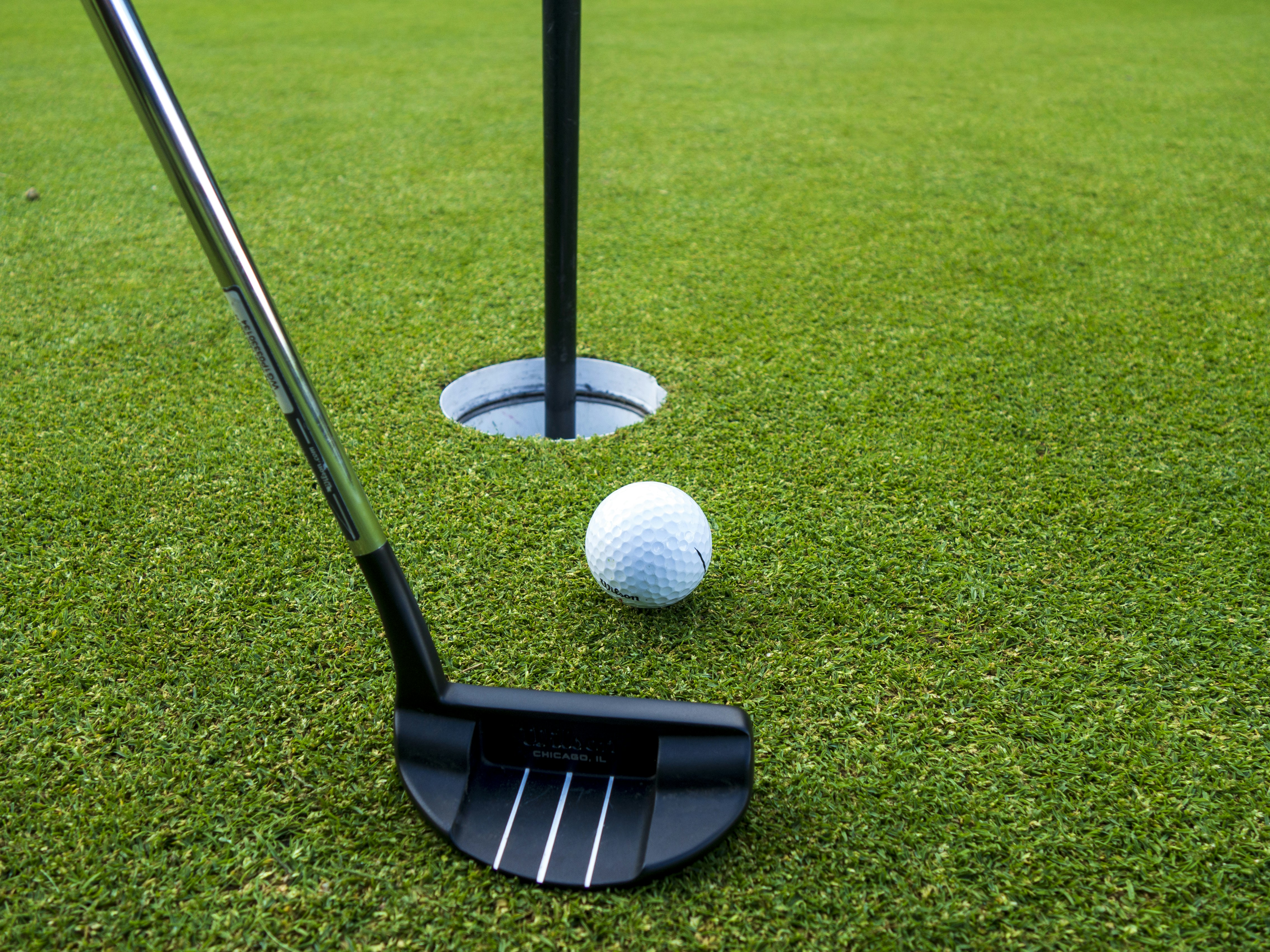Is it truly necessary to purchase a full set of golf clubs when you’re just starting out on your golfing journey? The world of golf can be both exciting and overwhelming, particularly for beginners who are unfamiliar with the game’s nuances. As someone stepping onto the course for the first time, you’re likely filled with questions about the equipment you’ll need to get started. Golf clubs are one of the most crucial elements of your game, yet their variety and the technicalities involved in choosing the right ones can often feel daunting.
So, let’s explore whether a full set of clubs is essential for a novice player or if there’s a more efficient way to embark on your golfing journey.
Understanding the Basics of Golf Clubs
Before diving into whether you need a full set of clubs, it’s essential to understand what a full set typically includes. A standard set of golf clubs usually consists of approximately 12 to 14 clubs. These are tailored to cover different aspects of the game, providing options for various distances, terrains, and playing styles.
Types of Clubs in a Full Set
- Driver: Designed for long-distance shots from the tee. Its large head helps achieve maximum distance.
- Fairway Woods: Used for long-range shots either from the fairway or rough, versatile for various lies.
- Irons: Numbered from 3 to 9, they’re used for a variety of shots around the course, with varying lofts for different distances.
- Wedges: Short-range clubs, such as the pitching wedge or sand wedge, used for precise shots onto the green or from bunkers.
- Putter: Essential for final strokes on the green, aiming to get the ball into the hole.
- Hybrids: A combination of woods and irons, providing easier playability and distance.
The Cost Implication
Purchasing a full set of clubs can be a significant financial investment, particularly for beginners unsure if they will commit long term to the sport. Understanding what you require can save you unnecessary expenditure and ensure you have what’s needed to improve your skills effectively.
The Value of a Full Set for Beginners
As a beginner, the allure of purchasing a complete set can be tempting. The idea of being prepared for every possible scenario on the course can offer some comfort. However, it’s essential to consider whether you truly need every club at this stage of your golfing experience.
Factors to Consider
- Skill Level: At the beginning, mastering a few clubs can be more beneficial than attempting to use all at once.
- Frequency of Play: If you plan to play occasionally, investing in a full set might not be necessary.
- Budget Constraints: A selective approach can be more cost-efficient.
The Simplicity of Fewer Clubs
Many beginners find it easier to focus on a smaller set, concentrating on basic skills and form without being overwhelmed by options. It’s often more practical to start with a half set, which usually consists of a driver, a couple of irons, a wedge, and a putter. This approach encourages skill development and enables you to gradually understand what additional clubs you might need as you improve.
Tailoring Your Set to Your Needs
The beauty of starting with fewer clubs is that it allows for customization based on your evolving skills and preferences. As you become more acquainted with your playing style, you can begin to add clubs that align with your strengths and fully optimize your performance.
Benefits of a Custom Approach
- Personal Progression: Customize your set as your skills develop.
- Understanding Equipment: Learn how each club impacts your game before committing further.
- Specialization: Add specific clubs that cater to your improving techniques and course challenges.
A Step-by-Step Customization
- Start with the Basics: A driver, a 5 or 7 iron, a wedge, and a putter.
- Identify Gaps: Once comfortable, assess where additional tools are needed.
- Add Accordingly: Incrementally introduce new clubs such as hybrids or additional irons based on your weaknesses.
- Seek Professional Guidance: Consider lessons to assist in identifying equipment needs.
Aligning Club Selection with Learning
Golf is a game that rewards patience and gradual improvement. Selecting clubs that align with your learning trajectory enhances this process, making it both enjoyable and fruitful.
Emphasize Fundamentals
Focus on mastering foundational gameplay elements—such as swing technique, stance, and grip—using a limited club set. As proficiency increases, the ability to effectively utilize a wider range of clubs becomes more intuitive.
The Role of Lessons
Investing in golf lessons can be more beneficial than splurging on equipment. Professional guidance helps refine your skills swiftly, allowing you to make informed decisions about future club additions.

Debunking Common Myths
Several myths surround the necessity of a full club set for beginners. Understanding these misconceptions can ease your decision-making process.
Myth 1: More Clubs Equal Better Play
Having an extensive array of clubs doesn’t automatically enhance your game. It is the understanding and mastery of fewer clubs that often contribute to improved performance.
Myth 2: Professional Equipment is Necessary
Beginners do not require professional-grade clubs to succeed. Many amateur and entry-level options are specifically designed to balance quality with ease of use.
Myth 3: Long-term Commitment Requires Immediate Investment
There is no rush to fully equip yourself when starting out. As your relationship with the sport deepens, you can discern what investments align best with your goals and continuing enjoyment.
Building Confidence on the Course
As you integrate yourself into the sport, focusing on confidence-building rather than solely equipment can be transformative. Confidence is a crucial component of a successful golf game, and often, it’s mastery over a manageable set of clubs that provides this assurance.
Confidence Through Mastery
Comfortable and familiar clubs can lead to improved concentration and precision. This approach creates positive experiences, fostering an enduring love for the sport.
Balancing Play and Equipment Knowledge
While understanding equipment is beneficial, over-emphasizing it can be counterproductive. The primary goal is to enjoy your time on the course while developing your unique playing style.

Conclusion: Quality Over Quantity
Ultimately, the decision to purchase a full set as a beginner is personal, influenced by factors such as budget, commitment level, and personal goals. For most novice golfers, a streamlined inventory of clubs offers a practical, enjoyable, and strategic beginning. This approach not only reduces initial costs but also allows for a more focused and pleasurable integration into the world of golf.
In summary, while a full set of clubs might be alluring, it is not a necessity when starting out. Opting for a smaller, curated selection can lead to a more rewarding and less stressful entry into golfing, laying a solid foundation for future enjoyment and improvement. Who knows, with time and practice, you might find yourself ready to navigate the fairways alongside seasoned players, fully acquainted with equipment that complements and enhances your unique style.











